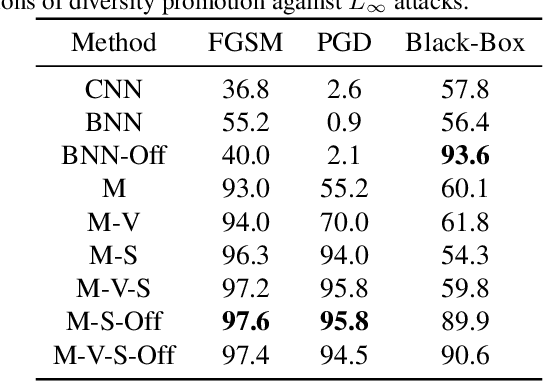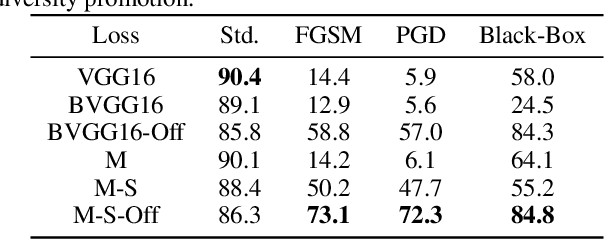Christopher M. Bender
Exchangeable Neural ODE for Set Modeling
Aug 06, 2020



Abstract:Reasoning over an instance composed of a set of vectors, like a point cloud, requires that one accounts for intra-set dependent features among elements. However, since such instances are unordered, the elements' features should remain unchanged when the input's order is permuted. This property, permutation equivariance, is a challenging constraint for most neural architectures. While recent work has proposed global pooling and attention-based solutions, these may be limited in the way that intradependencies are captured in practice. In this work we propose a more general formulation to achieve permutation equivariance through ordinary differential equations (ODE). Our proposed module, Exchangeable Neural ODE (ExNODE), can be seamlessly applied for both discriminative and generative tasks. We also extend set modeling in the temporal dimension and propose a VAE based model for temporal set modeling. Extensive experiments demonstrate the efficacy of our method over strong baselines.
Deep Goal-Oriented Clustering
Jun 16, 2020



Abstract:Clustering and prediction are two primary tasks in the fields of unsupervised and supervised learning, respectively. Although much of the recent advances in machine learning have been centered around those two tasks, the interdependent, mutually beneficial relationship between them is rarely explored. One could reasonably expect appropriately clustering the data would aid the downstream prediction task and, conversely, a better prediction performance for the downstream task could potentially inform a more appropriate clustering strategy. In this work, we focus on the latter part of this mutually beneficial relationship. To this end, we introduce Deep Goal-Oriented Clustering (DGC), a probabilistic framework that clusters the data by jointly using supervision via side-information and unsupervised modeling of the inherent data structure in an end-to-end fashion. We show the effectiveness of our model on a range of datasets by achieving prediction accuracies comparable to the state-of-the-art, while, more importantly in our setting, simultaneously learning congruent clustering strategies.
Defense Through Diverse Directions
Mar 24, 2020



Abstract:In this work we develop a novel Bayesian neural network methodology to achieve strong adversarial robustness without the need for online adversarial training. Unlike previous efforts in this direction, we do not rely solely on the stochasticity of network weights by minimizing the divergence between the learned parameter distribution and a prior. Instead, we additionally require that the model maintain some expected uncertainty with respect to all input covariates. We demonstrate that by encouraging the network to distribute evenly across inputs, the network becomes less susceptible to localized, brittle features which imparts a natural robustness to targeted perturbations. We show empirical robustness on several benchmark datasets.
 Add to Chrome
Add to Chrome Add to Firefox
Add to Firefox Add to Edge
Add to Edge